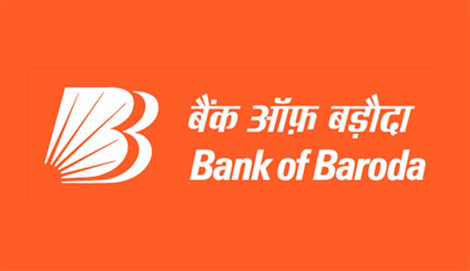Dena and Vijaya Banks to merge with BoB
Posted on: 03/Jan/2019 3:17:32 PM

Paving way for forming India�s second largest public sector bank in the next position after SBI, the Union Cabinet has given its nod for merging Dena Bank and Vijaya Bank with the Bank of Baroda (BoB).
This is going to be the very first of its kind where a 3-way integration is taking place. All the shareholders of these merging banks shall thus get Bank of Baroda shares.
If you have 1000 Vijaya Bank shares, you will get 402 BoB shares. If you have the same number of shares with Dena bank, you will get 110 of the acquiring bank. A board meeting was held and the swap ratio was decided and announced. The BoB shares went down by 3 percent and were priced Rs 119. On the other hand, the price of Dena and Vijaya Banks were Rs 18 and Rs 51 respectively. If BoB bears with this merging, there will certainly be valuation for assets and also cost for integration, say Analysts.
With the merging done, there will be a complete loan book of about Rs 7.8 lakh crore with 9,475 bank branches with ATMs counting to a total of 13,544. Starting from 1st April, this merger will come to effect and serve with a lot more benefits.
The management structure after merging is however still unclear. For the sake of overseeing this merged operations, the CEO of BoB, P S Jayakumar who has got his term over by October 2018 is granted with one more year of extension. By January next year, the terms of MD and CEO of Vijaya Bank, R A Sankara Narayanan gets over. Mr. Karnam Sekar had shifted from SBI to Dena Bank and he holds the longest residual service of all the CEOs of these 3 banks. He shall be until June 2020.
The government had proposed for this merger in order to bring down the disruptive impact and continue operations of the 2 merging banks. They shall be activated as business units in their own names in branch outlets.
There is going to be absolutely no job loss. All the employees from the transferor banks will turn into BoB employees and also get benefits of employees of the range on par of close to what they have been drawing thus far. The transferee bank boards are requested to make sure that the transferor bank employees and officers and their interests are kept protected.







